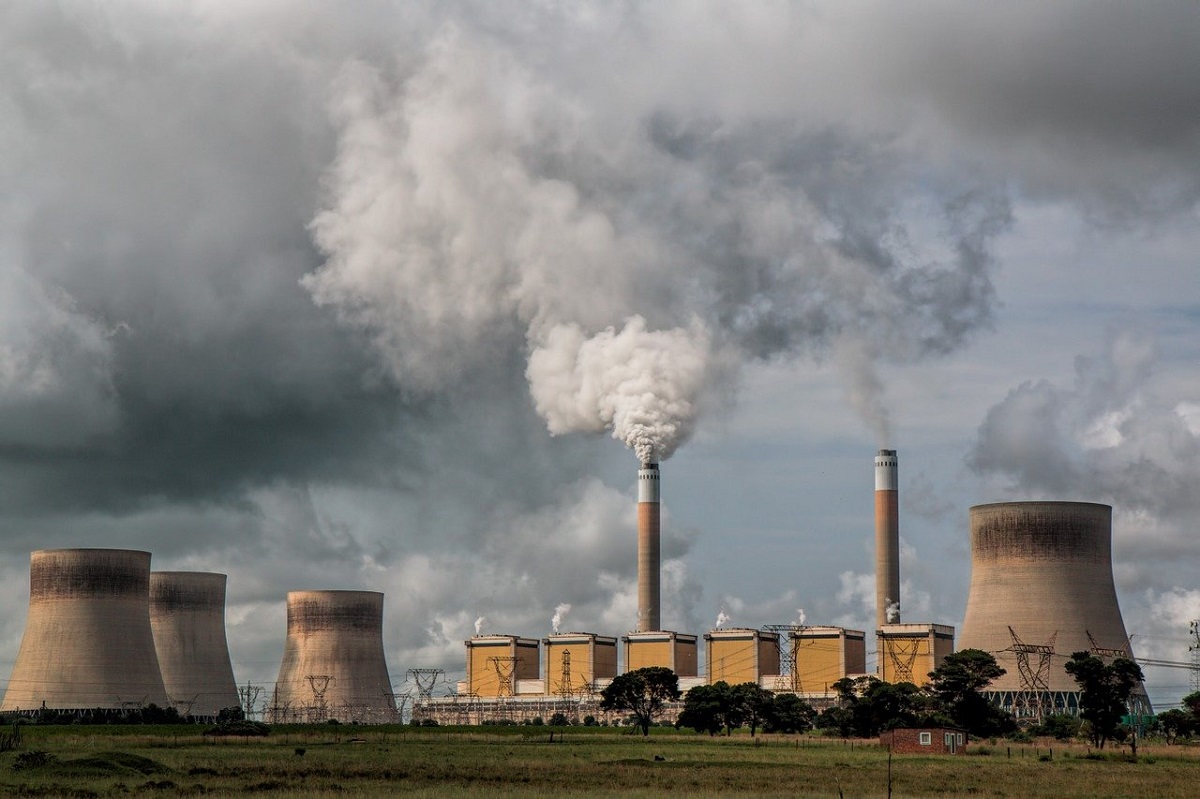Even during the pandemic electricity rates rise for the households. Regulator Ofgem revealed that the price cap for default domestic energy deals should be raised to cover suppliers’ extra costs.
Energy rise for millions of households due to pandemic
Jonathan Brearley, chief executive of the regulator, said, “Energy bill increases are never welcome, especially as many households are struggling with the impact of the pandemic. We have carefully scrutinised these changes to ensure that customers only pay a fair price for their energy.”
He added that the UK still faces challenges. A rise in spring will be better than waiting until autumn. It was because people in spring use less energy because of Covid-19, during this exceptional time I expect suppliers to set their prices competitively. Suppliers treat all customers fairly and ensure that any household in financial distress is given access to the support they need.
Peter Earl, head of energy at price comparison website Comparethemarket.com, said, “Raising energy costs for millions of households by an average of £96 is an extraordinary move in the current environment.”
Because of energy rise, it will affect 11 million households in England, Wales, and Scotland who have never switched suppliers or whose discounted deals have expired. Northern Ireland sets its cap. The price cap itself set twice a year by the regulator. That accounts for about half of all UK households. The remainder is on so-called fixed deals, which will not be affected. The cap for prepayment meter customers will go up by £87 to £1,156, affecting another four million customers. The more gas and electricity you use, the higher the bill.
Lyn Clark, a resident, has been consuming a lot more time at home, like many others during the pandemic. Her energy bills have been rising as a result. She said, “I’m trying not to switch on heaters in the rooms that are not being used. I find myself putting on an extra layer and also go for a walk each lunchtime to make sure I’m warmer.”
Ofgem explained why the prices are rising. Ofgem lowered the price cap by £84, but it has now more than reversed that with the rise scheduled for April. The extra allowance for suppliers to raise prices is the result of greater costs on the wholesale markets.
It also includes an allowance to charge an extra £23 a year to cover bills that have not been paid. Ofgem said a further delay in recouping these costs would only create greater costs next winter. Charities point out that raising prices for everyone on these tariffs is likely to increase the number of people unable to pay. Citizens Advice researched in December. It showed that 2.1 million households were behind on their energy bills. A rise of 600,000 compared with before the pandemic.
Alistair Cromwell, acting chief executive of Citizens Advice, said: “This increase will be a heavy blow to a lot of households. For many people on universal credit, it will come at the same time as the £20 a week increase to the benefit is set to end. With a tough jobs market and essential bills rising. Now is not the time for the government to cut this vital lifeline”.
Adam Scorer, of National Energy Action. Which has also warned of financial pressures on households, said that “people on the lowest incomes and in the worst housing are always hit hardest“. He also added that if bills rise by £96, millions of households have two stark choices; stay cold or fall further into debt.

